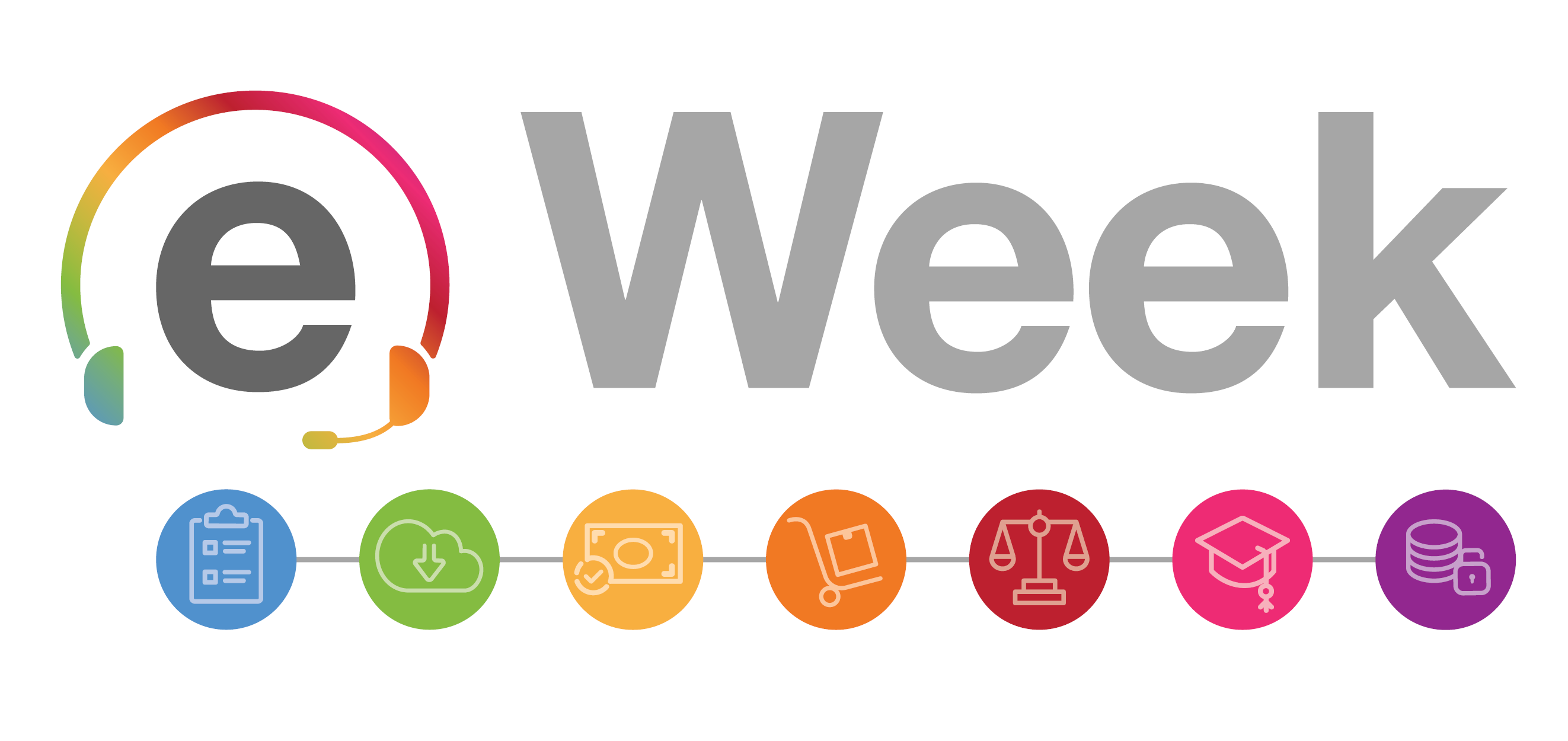Real-time economy: A boost to e-commerce?
28 Apr 2020 10:30h - 12:00h
Event report
[Read more session reports and updates from the eWeek of Online Event: Dialogues, Webinars and Meeting]
The concept of real-time economy (RTE) though complex, can boost e-commerce and digital economies across the globe, and it is here to stay.
It was emphasised during the session that by automating and digitising business transactions and administrative procedures and eliminating paper-based physical human-to-human communication procedures, RTE makes accounting and reporting processes more swift and efficient. Countries that have implemented RTE, such as Estonia, have witnessed a significant increase in government revenue and transparency. For consumers it means less paperwork and more information available. RTE helps to save time, money, and human resources, and to create new economic value.
The challenges faced in the implementation of RTE include: different cross-border laws, infrastructure and state of automation, and concerns over security and data sharing in different countries.
For RTE to be successful, there is a need for creating an enabling environment. This includes providing access to high quality Internet, building trust in the regulatory system and online processes, more international co-operation, collaboration among different stakeholders, sharing best practices, training government and business on how to use and implement RTE collaboratively, and the infusion of finance by government and the private sector.
Giving an example of best practices, Mr Christman Roos (Advisor, Ministry of Economic Affairs and Communications for Estonia) pointed to the ‘Real time economy: Definitions and Implementation Opportunities’ report that analyses and shares the experiences of Estonia and certain Nordic countries in their implementation of RTE.
For supporting nations and promoting the digital economy, Ms Shamika N. Sirimanne (Director, Division on Technology and Logistics, UNCTAD) highlighted the four areas of UNCTAD: conducting e-trade readiness assessment in 25 countries in 7 policy areas; helping countries to design their national e-commerce strategy such as, Egypt, Botswana, etc.; building capacity on legal reforms to build trust online; and working with customs to upgrade and automate systems on the borders.
Mr Christian Minoungou (Senior Policy Officer from the Department of Infrastructure and Energy, African Union Commission) cited the example of the African Digital Transformation Strategy and its foundation pillars of establishing cross cutting themes to support the digital ecosystem, critical sectors to drive digital transformation, and how the African Union is helping African nations digitise their economies.
Mr Franck Mertens (Team Manager, Finnish Patent and Registration Office) shared the example of the Nordic Smart Government 3.0 initiative and how it is helping small and medium sized enterprises (SMEs) and creating growth using data by digitisation and automatisation.
Mr Lati Matata (Director of Postal Technology Centre, Universal Postal Union (UPU)), based on the UPU’s experience of implementing RTE, shared the importance of building solutions centrally to support all processes, the use of new technologies to enhance quality of service, integrating processes with the supply chains, reducing bottle necks, ensuring data security, and advanced data analytics to enhance services.
On future action points, Matata highlighted the need for engagement and collaboration among different stakeholders, the need for closing the gap in terms of digitising trade processes at the domestic market level, especially for developing nations, to focus on domestic solutions along with international solutions to address development gaps, and creating innovative solutions to promote e-commerce in rural areas. Roos highlighted the need for governments to allow free the flow of data and not restrict cross-border data flows while cautioning for the need to draw a strict line between the sharing of personal and business data. Sirimanne suggested the need for stakeholders to deliberate and collaborate on how to build frameworks and enablers for RTE to flourish.
By Amrita Choudhury
Related topics
Related event

eWeek of Online Events: Dialogues, Webinars and Meetings
27 Apr 2020 17:59h - 1 May 2020 17:59h
Online
